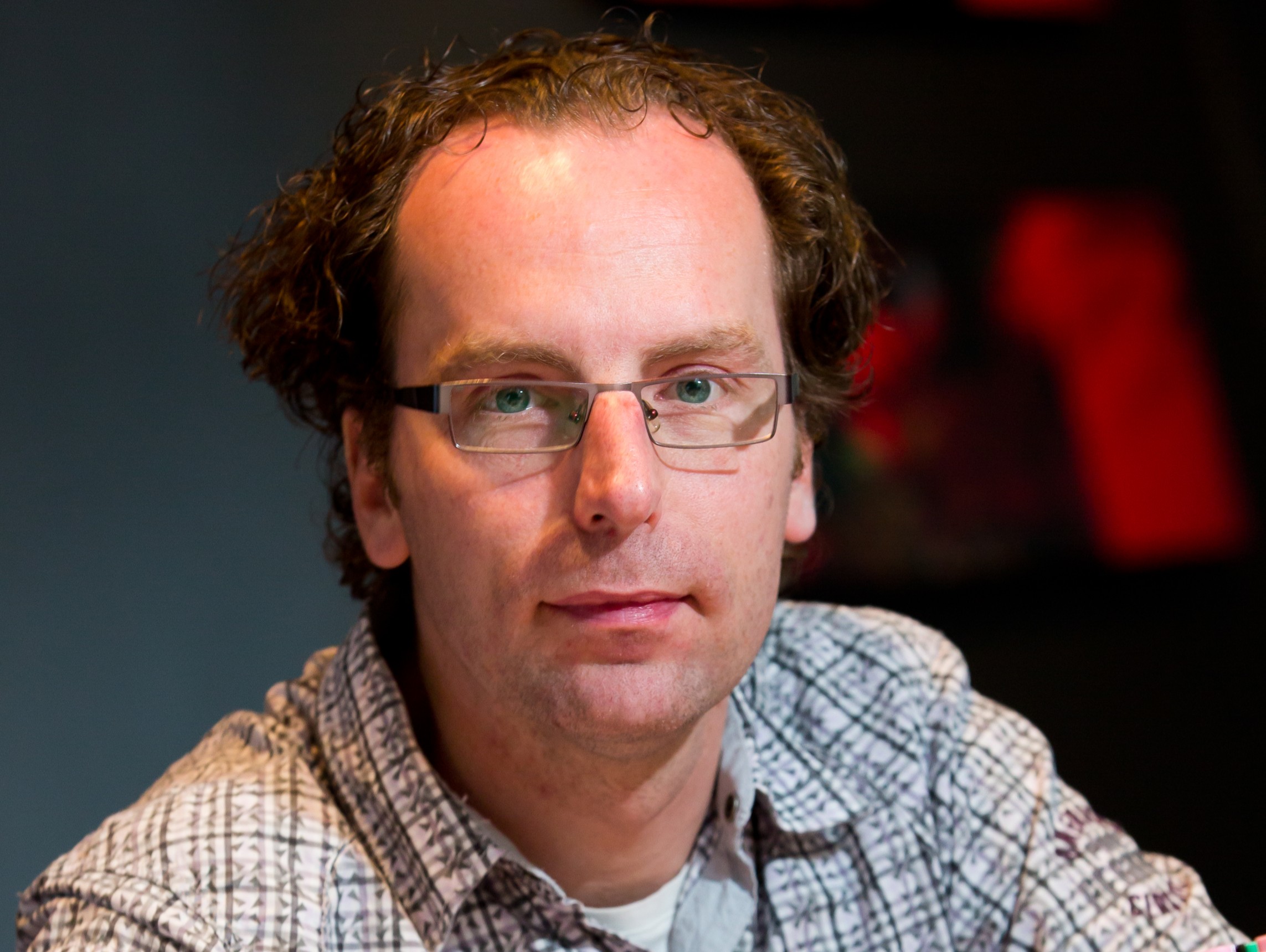
‘Just like every person is unique, so is every project.’ That’s the starting point for each project handled by Bessels architekten & ingenieurs. Project manager Cordy Volkers: “That philosophy keeps the work interesting for us. For our clients it means that we always deliver tailor-made results, driven by our enthusiasm and passion for our work.”
The food industry is one of the specialist areas of Bessels architekten & ingenieurs. The company approaches all its projects from both an architectural and a management perspective. A project manager’s role is to control the financial and organisational aspects, timing, information/communication and quality, from the design phase through to completion and aftercare. One of the project managers is Cordy Volkers, who has been in 2014 working at Bessels for over 16 years and whose specialism is ‘the food industry’.
Cordy Volkers: “To us, ‘made to measure’ means that, for every new project, we immediately add a TCOI (Total Costs of Investment) alongside the Masterplan (a programme of requirements translated into a floor plan) in the ‘Initiative phase’. This ‘investment assessment’ is not limited to an overview of the construction costs alone; it goes much further than that. We prepare an estimation of all the costs that can be expected: purchase of site, site preparations, mechanical and electrical installations, for the fixtures and fittings, installation of processing equipment, utility costs and consultancy costs. The TCOI provides transparency about which department incurs which costs in a factory. A TCOI can also help our clients to reach clear agreements on financing.”
“There is an essential difference between a TCOI and the building costs,” says Cordy. He illustrates his point with an example: “A builder might estimate the construction costs for a factory expansion as 850 euro/m2. The client uses this as the basis for arranging financing. But upon completion, it becomes apparent that the total investment was actually much higher: 1,850 euro/m2. This happens all too often because all kinds of costs are left out of the initial estimation, such as temporary facilities, upgrading the transformer, the interest costs, necessary safety provisions, reinforcing the existing roof against extra water and snow, and consultancy costs.”
Cordy Volkers: ‘A TCOI can help clients to reach clear agreements on financing’
“In the TCOI we work with prices per square metre. In the ‘Preliminary Design’ phase we then fine-tune this by drafting an itemised budget. Within this cost overview, we look more closely at how many square metres are associated with each part of the building (walls, flooring, roof, etc.), which enables us to pinpoint the investment more precisely. This creates a robust and workable tool that the client can use to steer the many decisions that have to be made during the construction process. Do we want to have a column-free hall if it will cost us an extra EUR50,000? Or can columns perhaps be integrated into the design so that we can spend that EUR50,000 on sustainable flooring instead, for instance?”
Cordy knows from experience that it is essential to ensure that all decisions fit within the intended level of investment: “That’s why, in the case of significant deviations from the plan in the ‘Specification phase’, we prepare a detailed overview of the costs. This gives us a clear picture that we can use as guidance. We try to reduce the investment for the customer whenever possible. That helps us to create ‘leeway’ for the financial investment that is often so badly needed for the processing equipment.”
Bessels also has extensive experience in advising customers on contract negotiations with builders. The project manager highlights potential pitfalls and provides advice on the best route to take. Once the contract has been signed with the builder with the best proposal, the ‘Construction phase’ can get underway. “Keeping a close eye on the costs remains one of the most important tasks during the construction phase,” explains Cordy. “Our aim is to complete the project within the agreed budget. It’s not in the customer’s interests for unexpected costs to suddenly appear out of nowhere. We want the client’s ultimate investment to be the same as the costs detailed in the TCOI.”
“You can only influence decisions in the initial phase if you use the TCOI to gain an overview of all the costs right from the start. And that’s much better than having to amend the plans later when it appears that they don’t fit the budget. Our specific knowledge of the food processing industry plays an essential role. For example, we know what we need to calculate, and we can take all kinds of ancillary costs into consideration such as connections to and integration with existing systems and buildings. We believe that it should be possible to prepare the TCOI for a customer within the space of three weeks; that still leaves time to work on potential alternatives if necessary,” concludes Cordy.
Source: Bessels